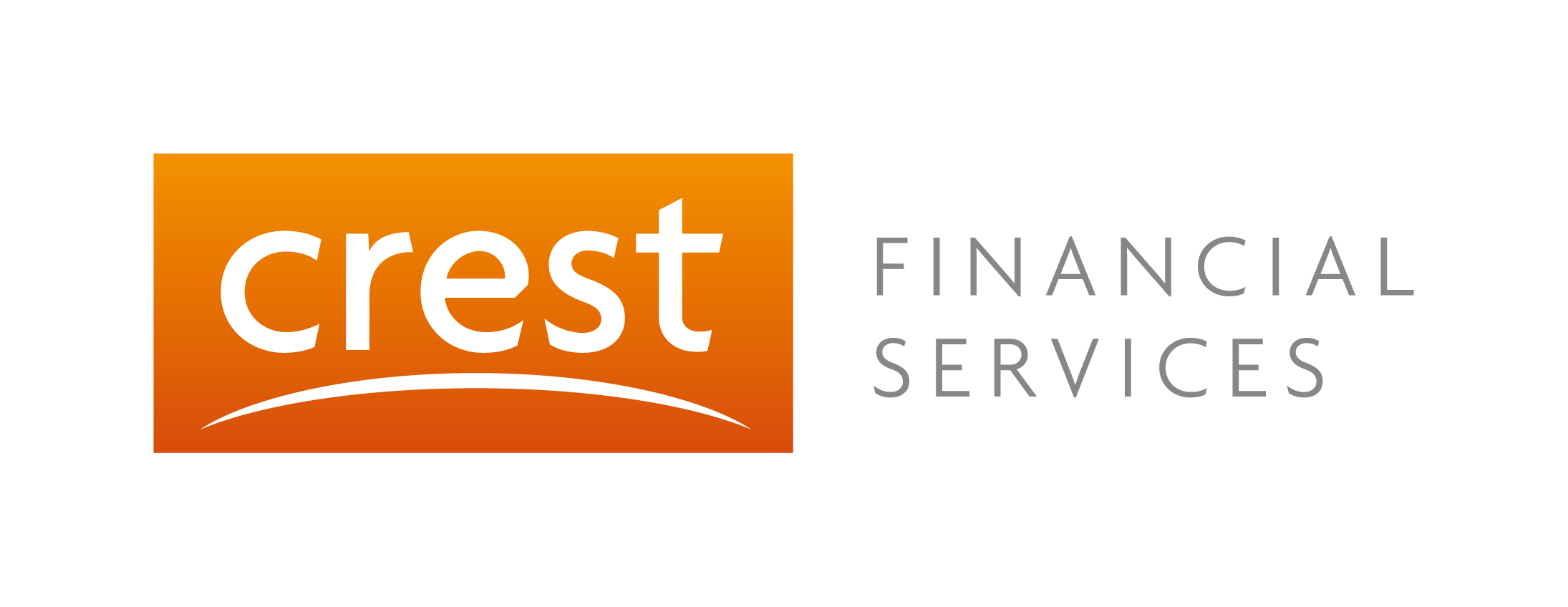On Tuesday, May 9, 2023, Australia’s treasurer delivered the federal budget, outlining the government’s plans to address key issues affecting the Australian public. The budget focuses on providing cost-of-living relief, strengthening Medicare, and fostering economic growth. After years of deficits, this year’s budget is expected to return a surplus of $4 billion, thanks to increased revenue from personal tax collections resulting from robust job and wage growth. Let’s delve into the key measures announced.
The federal budget for 2023 brings good news for various segments of the Australian population including:
- Low and middle-income households: The budget allocates $14.6 billion over four years to provide cost-of-living support to predominantly low to middle-income households.
- Pensioners and single parents: Measures have been implemented to increase support for pensioners and single parents, costing $1.9 billion over five years.
- Medicine users and general practitioners (GPs): An additional $3.5 billion will be allocated to Medicare over five years to enhance access to GPs, lower medicine costs, and provide better healthcare services.
- Aged care workers and recipients: The budget includes a 15% pay rise for aged care workers, amounting to $14.1 billion over four years. This increase in spending aims to improve the quality of aged care services.
- Low-income renters: To address housing affordability, the budget offers subsidies to move from gas to electric appliances, benefiting low-income renters.
- Jobseeker recipients: The budget introduces a modest increase in Jobseeker payments, with additional support for individuals over 55 years of age.
- Small businesses: Small businesses can take advantage of a $20,000 instant asset write-off, stimulating economic growth and investment.
- Build-to-rent sector: Tax changes are implemented to boost build-to-rent housing and improve housing affordability.
- Skilled migrants: The budget allocates measures to support skilled migrants and foster their integration into the workforce.
- Environment: Investments totaling $2 billion are dedicated to the hydrogen industry and incentives for developers to construct environmentally friendly houses, promoting renewable energy and sustainability.
- Employees: From 1 July 2026, employers will be required to pay their employees super at the same time they pay their wages. This will enable employees to track their entitlements to ensure they are being paid on time and in full. Additionally, this will allow for quicker payment of superannuation guarantee payments and a longer period of time to compound.
While the budget brings several positive outcomes, there are also some sectors that face disadvantages.
- Gas producers: Certain measures within the budget impact gas producers, potentially leading to a reduction in their profitability.
- Vapers and smokers: The budget includes a crackdown on vaping and aims to reduce smoking, which may affect those who engage in these activities.
- Some prospective NDIS recipients: The budget introduces measures to slow down the growth of the National Disability Insurance Scheme (NDIS), potentially affecting some prospective recipients.
- Consultants to the public sector: The budget may impact consultants working with the public sector, potentially leading to changes in their roles or demand for their services.
- High balance super members: The budget introduces a 30% tax on superannuation fund earnings for balances exceeding $3 million. The 30% tax will only apply on the balance over $3million and not the entire balance. This will apply from 1 July 2025.
